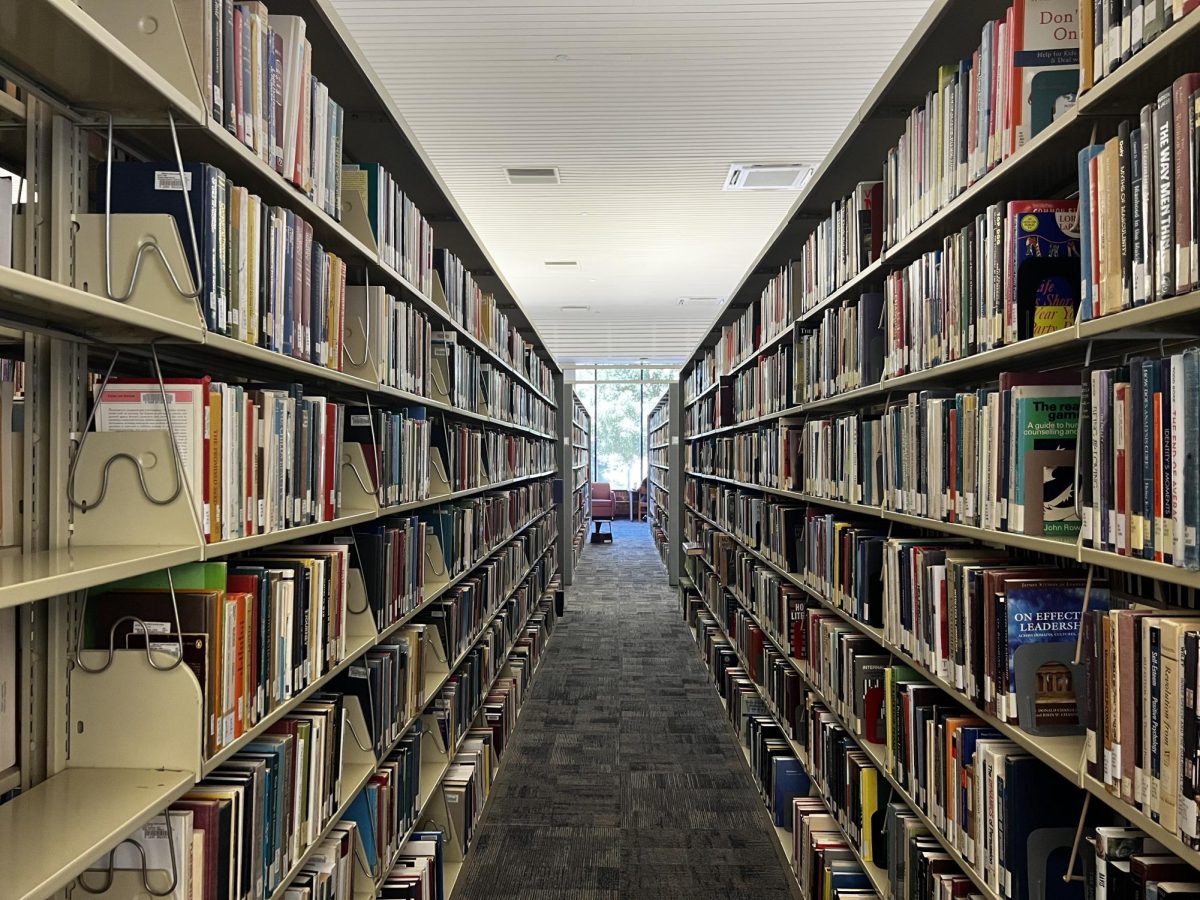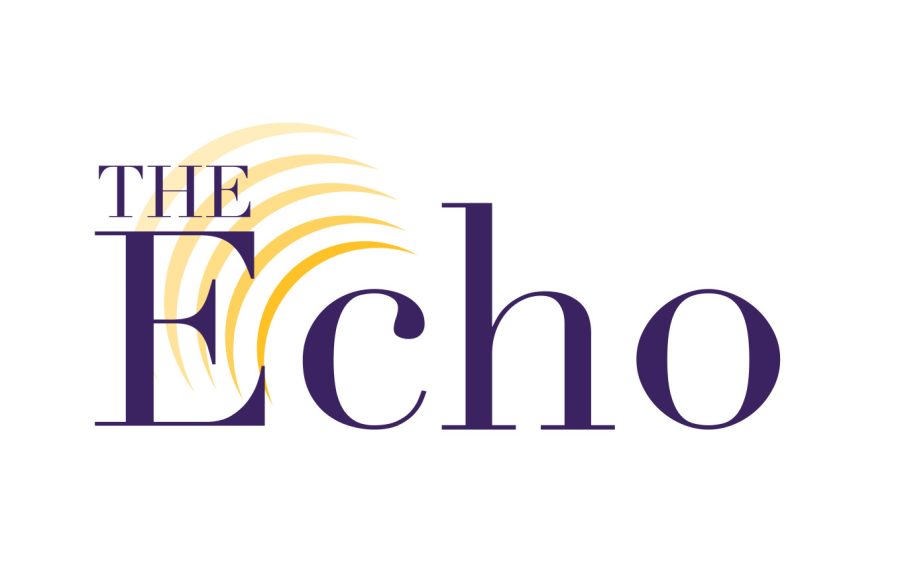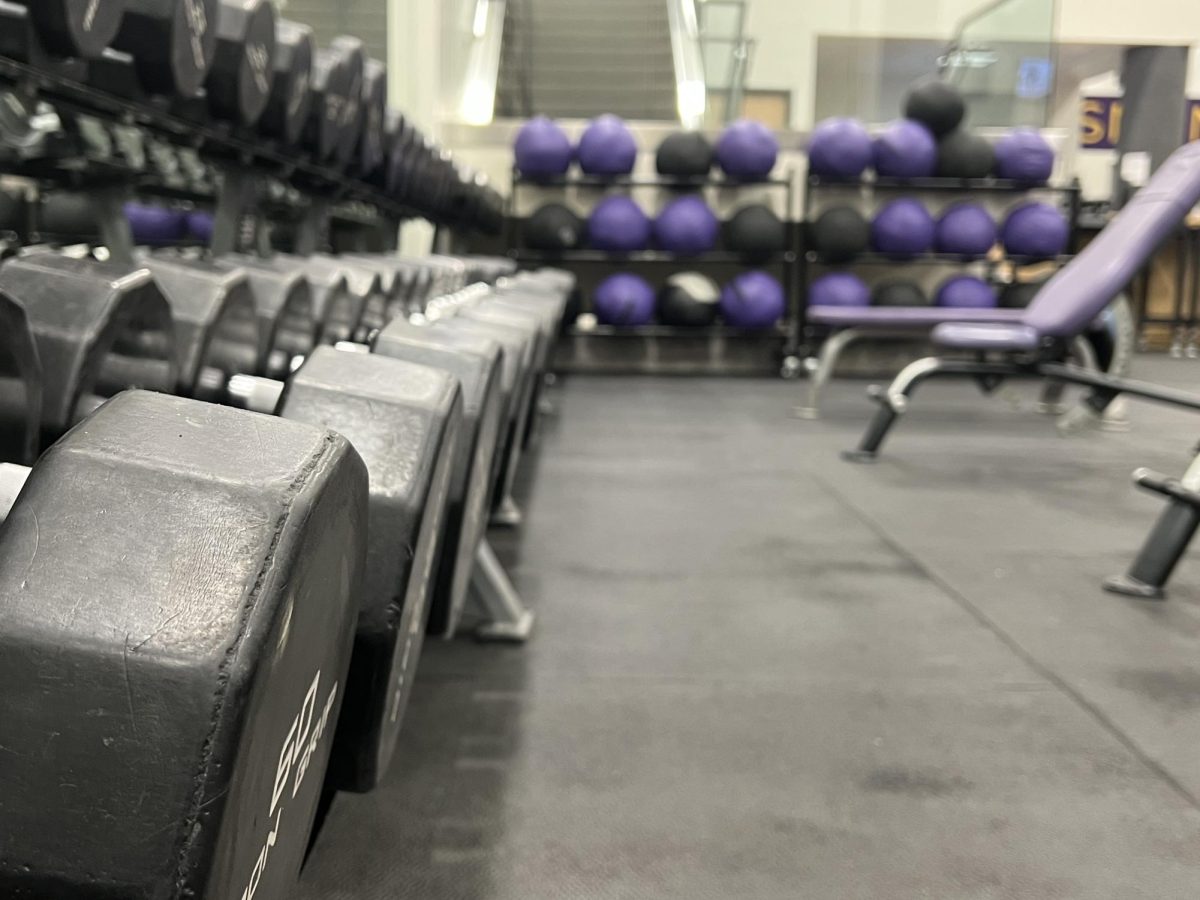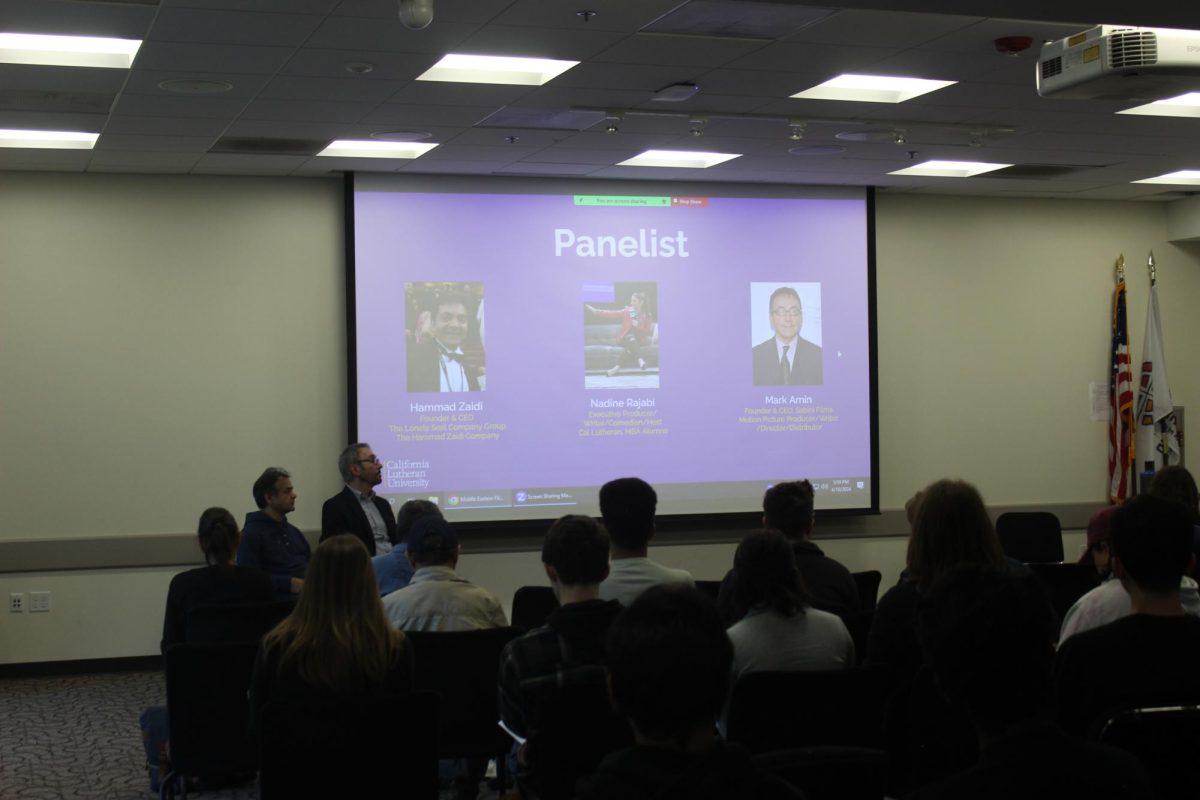Since the dawn of time, the recording and retelling of stories has remained a constant element of our human experience. Today, the sheer volume of literary content at our disposal is immense, bestowing upon us countless worlds, ideas, and perspectives to discover within the pages of a book. The benefits of reading for fun extend beyond just the academic, and it is imperative that students continue to read for fun, especially in college.
If you were anything like me in elementary school, books were your vice. My weeks were filled with dozens of trips to the library to pick up new reading material, and I’m certain my parents can recall spending inordinate amounts of money on Scholastic book order catalogs.
In 2021, the U.S. Bureau of Labor Statistics reported that, on average, people between the ages of 20 and 24 only spend about nine minutes per day reading for fun. This dramatic decline in habitual leisure reading isn’t something to celebrate. In fact, when we consider the benefits that come with leisure reading, this decline is much more concerning.
If there’s any group that can benefit most from leisure reading, it’s college students.
A 2016 study conducted by graduate student Kimberly Tanner Hawkins of the University of Tennessee, Knoxville, found a positive correlation between reading for fun and overall improved academic performance.
“Students who engage in pleasure reading experienced marginal average increases of .11% in English and 1.71% in science and higher increases of 4.43% in mathematics and 2.05% in history,” Hawkins said.
Furthermore, reading for fun has also been found to have a positive impact on grammar, vocabulary, and critical thinking skills, regardless of genre.
In a Waterloo University article titled, “Five Reasons Reading for Fun Will Make You a Better Student (in Any Discipline)” Kate Stericker talks about the correlation between academic performance and reading for pleasure.
“Although relaxing with a fiction book is different than rigorously studying an academic text, you’re still required to exercise the skills that come into play during the act of critical thinking,” Stericker said. “Reading a novel requires you to keep track of a range of characters and their relationships in order to properly understand the progression of the plot.”
While the academic benefits of leisure reading cannot be denied, reading offers a plethora of benefits that extend beyond simply the academic. Yvonne Wilber, head of undergraduate instruction and outreach at California Lutheran University’s Pearson Library, recognizes the importance of leisure reading, especially for college students.
“Reading engages our imagination and allows us to enter into new worlds. We find ourselves having a conversation with the author. Whether it’s fiction or nonfiction, we ask questions of the text as we’re reading, and we are able to slow or quicken the pace to whatever degree we need,” Wilber said.
This holistic approach to learning is crucial for development across the board, especially when thinking about how college should shape more than just a student’s academic prowess.
“My reading helped me to understand myself and actually assisted in my mental health journey,” Wilber said. “Who am I? Why am I, and who might I be? How might I become those things?”
These questions are an integral part of a student’s life, especially when it comes to college.
“I believe it’s important for students to remember that there’s a person on the other side of that process. It’s not just text on the page. There’s an actual human person who has spent time thinking and learning and describing what is important to them,” Wilber said.
As we grow up, life gets busy. Our lives as students, teammates, employees, family members and friends begin to demand much more of our time. It can be difficult to give reading the time and space it deserves amongst the chaos.
Accessibility also plays a major role in determining how often students read. Different literary formats allow students of all abilities to find success and enjoy the hobby, and also lend themselves to the use of screen readers, audiobooks and portability.
Rachel Smiley, director of the Pearson Library at California Lutheran University, shares insight into how students can make reading a manageable habit.
“If someone is really into technology, they love Ebooks, they have a Kindle, they’ve got their phone, that’s great too,” Smiley said. “I’m a huge proponent of whatever format works for the individual, do it. Whether it’s a print book, an Ebook, an audiobook, a podcast, however someone wants to consume content, I love it.”
Making the habit of reading as accessible as possible can make reading less daunting, especially to college students who are already swamped with a superfluity of commitments.
“I would hope, or encourage, if someone feels like they’re strapped for time and it’s just not gonna happen, what makes sense in their schedule? If it isn’t every day, can they find 45 minutes in a week to read?” Smiley said. “Whatever makes sense for everyone’s schedule, is the best option. What fits or what might work for one person, won’t always work for the next person.”
Our personal taste as readers can only be discovered through exposing ourselves to a wide variety of literary content, as well as paying attention to what aspects of a book make our reading experience most enjoyable.
“I think that there are lots of elements of writing that people may respond to differently. Someone might even say they’re not really a big fan of novels, but maybe they like poetry. There’s so many different ways to deliver content,” Smiley said.
Reading for fun should be exactly that, fun. The best way to reap the benefits of reading is to make it habitual, accessible, and restorative. As college students, we’re lucky to have resources like the Pearson Library, alternative text forms, and a beautiful campus to find the perfect reading spot.
Academics are important, but the knowledge we can discover through reading for our own enjoyment will continue to nurture every aspect of our being, at every stage of our lives.













